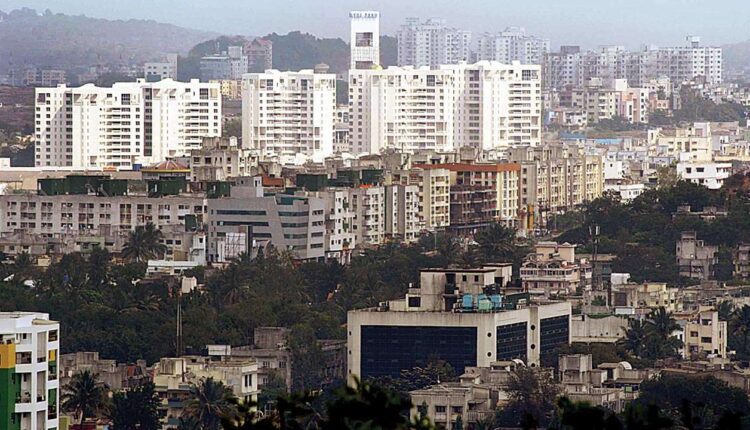Forecast about early onset of monsoon has added to the worries of the sugar industry in Maharashtra as 23 lakh tonnes of cane are yet to be crushed. Speaking to The Indian Express, Sugar Commissioner Shekhar Gaikwad said five mills in the state will have to continue their crushing till the first week of June, right till the monsoon arrives.
The sugarcane crushing season of 2021-22 has been marked by bumper cane, with the state expected to cross all records of sugar production. As of May 9, the state has crushed 1,288.52 lakh tonnes of cane and produced 134.28 lakh tonnes of sugar. Of the 198 mills which had started operations, 106 have ended their season.
With 23 lakh tonnes of cane remaining, the final sugar production figure is expected to cross 135 lakh tonnes.
As per the sugar commissioner’s estimates, almost all mills in the state will end their season by May end. But five mills across Beed, Jalna and Osmanabad will continue their operations till the the second week of June.
With monsoons expected to arrive earlier than usual, mills have to finish harvesting and crushing operations as soon as possible. This will be the first time in the history of the sugar industry in Maharashtra that the state will see crushing till the very beginning of the monsoon.
Gaikwad said the state government has drawn up diversion plans to ensure mills finish crushing before the monsoon arrives. This season, the monsoon is expected to arrive earlier than usual so the industry is worried about farmers losing their cane crop, in which case the state government will have to pay for standing crop.
According to the plan, 1 lakh tonnes of cane from Jalna will be diverted to six mills in Ahmednagar, Parbhani, Buldhana and Aurangabad for crushing.
Similarly, 75,000 tonnes of cane will be diverted from Osmanabad to Solapur, and 61,000 tonnes of cane from Aurangabad will be diverted to other areas. In Satara, Jarandeshwar mill, which was at the centre of a controversy due to action by the Enforcement Directorate (ED) against it, is expected to crush 30,000 tonnes of cane.


